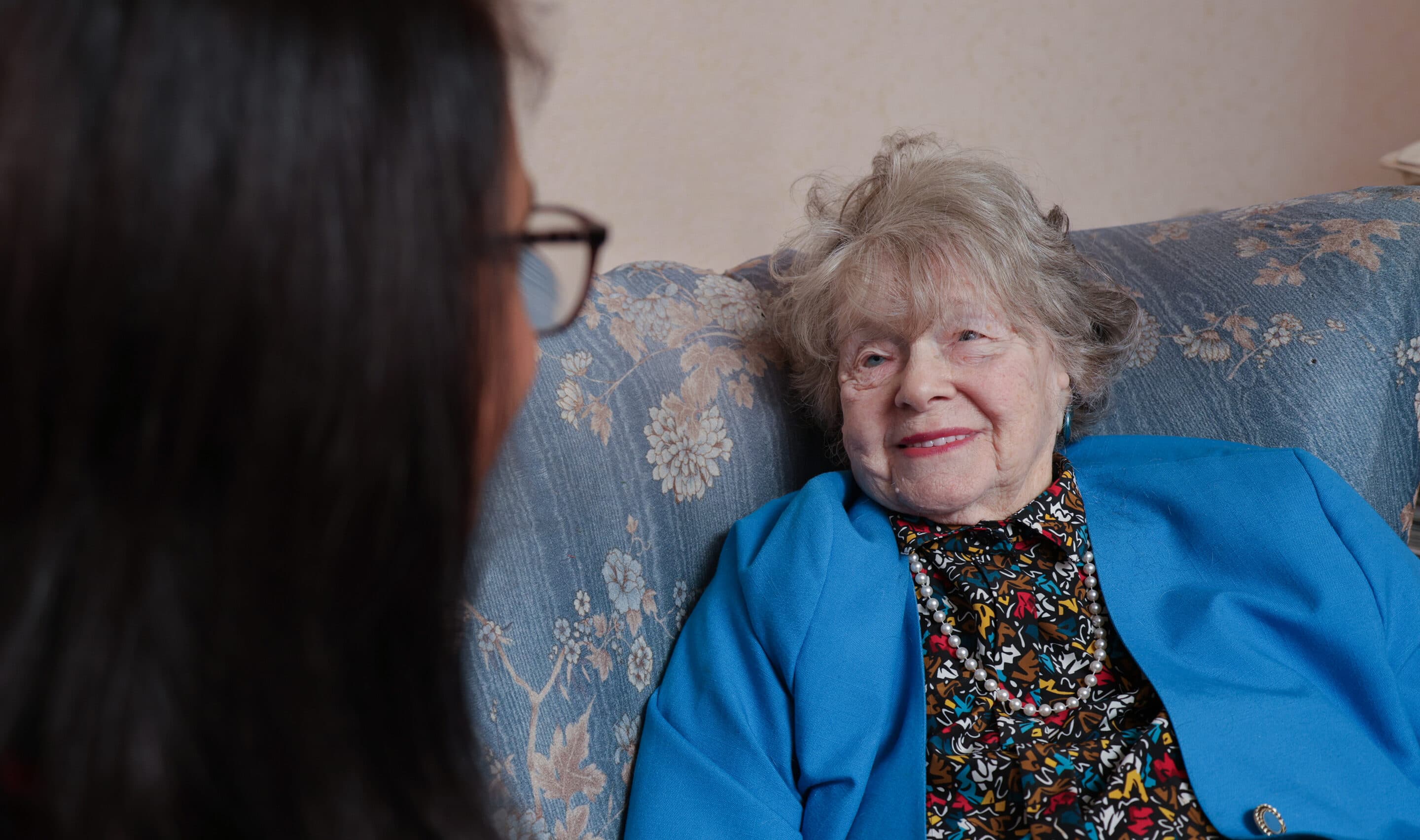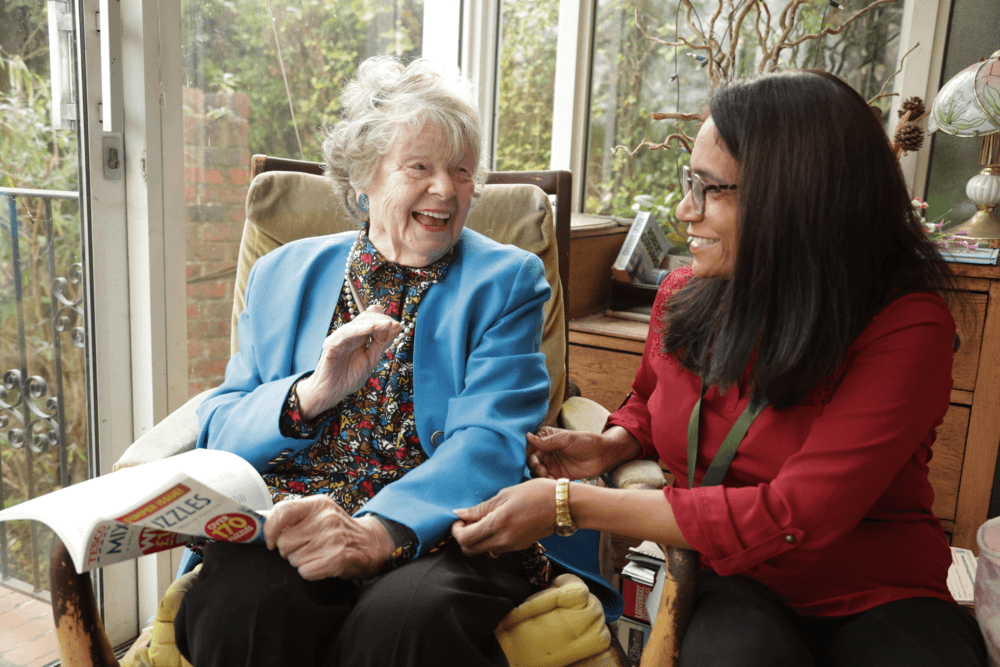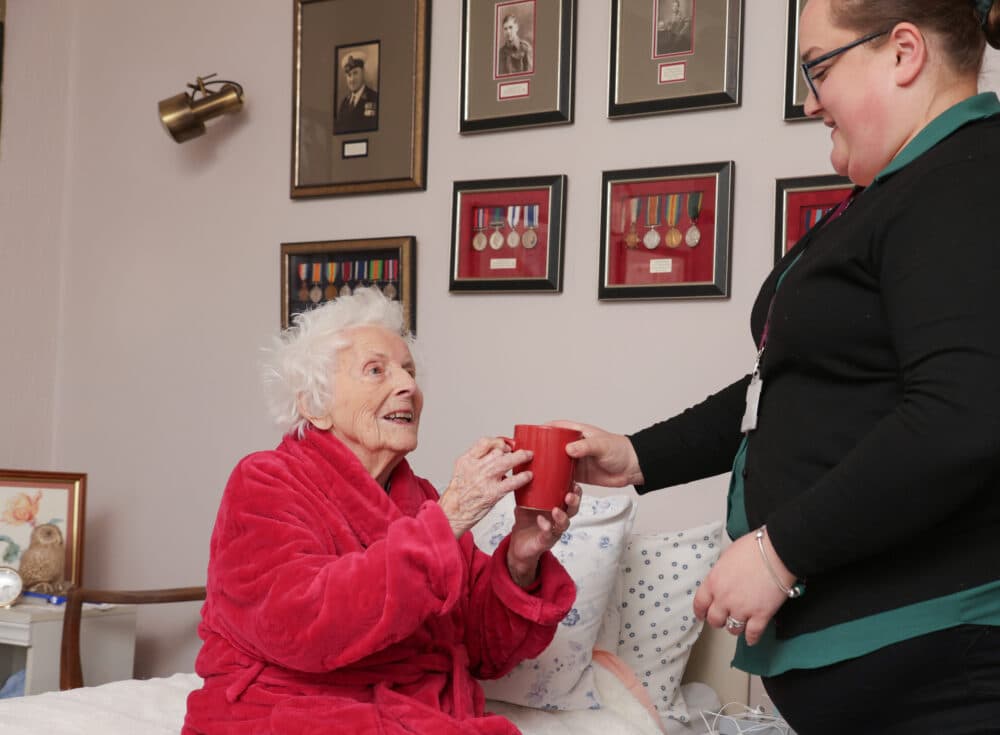From Concerns to a Conversation - Helping You Take the First Step

Just like you, we want to make sure our ageing parents are safe and comfortable in their home. However, this can be a challenge when you are working yourself, live far away or have a family. We speak to so many daughters and sons over the phone who have been supporting their parents through phone calls, daily check ins, perhaps they’ve started to do the weekly shop for them at Tesco New Malden or take them to their doctors’ appointments at the Grand Drive Surgery. Before they know it, the caring responsibilities for their parents have become unmanageable. At Home Instead Wimbledon and Kingston, we are committed to relieving that burden whilst helping families ensure their loved ones can continue to live independently- you can help us do that.
Spotting the Signs Early
We believe that families have the power to spot the early signs that their loved ones may need extra support. However, many of us may not know what we’re looking for or when it’s time to worry. How do you even start the care conversation?! You’re not alone. According to our New Ageing Index, 68% of family carers feel they need more support, especially after a crisis. What if you could have helped prevent it? In this blog, we’ll explore a common sign one of our family carers noticed, and how reaching out to us for home care prevented a bigger problem.

Common Signs Your Parents May Be Struggling
One of our clients is a devoted daughter and primary caregiver to her dad. Over time, she noticed that her Dad was struggling to move around, and his balance deteriorated. Seeing this as a sign that he might need extra support, she rang through to the office, hoping we could help.
After getting to know the family, we matched this client with a care professional who started visits once a day to help with having a shower and getting dressed. With constant reviews of the care notes, we spotted he struggled more and more to climb the stairs. We discussed installing a stair-lift with the family, hoping this would give the family peace of mind that Dad could move around the house safely when nobody was there.

Anticipating Care Decisions
By acting sooner rather than later and starting the care conversation on the small changes in behaviour, the family expressed relief in knowing we could help anticipate the warning signs.
“The team was responsive to our needs and could foresee things we might have missed, picking up on the smallest details that might not seem significant, but it’s about not making it a bigger problem.”
Suggesting technology swaps to make your home safer is one of the many ways we help families prevent a crisis, which you can read about in our blog.
At Home Instead Wimbledon and Kingston, we are committed to assisting families in knowing when to start talking about care. To further support with this, we have created a ‘Spot the Signs’ tracker. Just download it and tick off any signs or symptoms you have started to notice. This will give you a much more specific picture about where your loved one needs extra help and should support you when having that care conversation.
Care doesn’t mean less in life; it can help our ageing parents get more from life from the comfort of their home. If you have questions about starting the care conversation, get in touch today! We’d love to chat.
